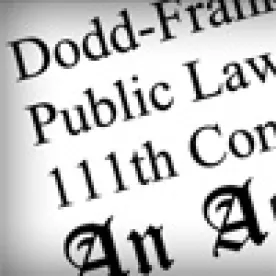The U.S. Securities and Exchange Commission has canceled a scheduled vote on proposed rules that would restructure its Dodd-Frank Act mandated whistleblower reward program. This is the second time the vote on the proposed changes has been canceled.
“We hope that the Commission is using this additional time to ensure that the proposed changes do not harm a program that is fast becoming the most successful whistleblower reward program in the United States,” stated Stephen M. Kohn, a partner in the whistleblower law firm of Kohn, Kohn and Colapinto, and the Chairman of the Board of Directors of the National Whistleblower Center.
“Given the tremendous success of the program, the SEC cannot justify any changes to the rules that would undercut whistleblower protections. You cannot knee-cap a program that is helping small investors and keeping Wall Street Honest,” Kohn added.
The program’s success was highlighted in a recent public release by the SEC’s Office of the Whistleblower when announcing a $3.8 million award for a whistleblower in July 2020:
“Today’s award underscores the paramount role the SEC’s whistleblower program plays in safeguarding the Main Street investor. Since the beginning of the program nearly ten years ago, the SEC has ordered more than $2.5 billion in financial remedies based on whistleblower information . . . almost $750 million has been returned or is scheduled to be returned to harmed investors . . . [and], approximately $505 million” paid to whistleblowers.”
In the release, the SEC also confirmed that all whistleblower awards “are made out of an investor protection fund established by Congress that is financed entirely through monetary sanctions paid to the SEC by securities law violators” and that “no money has been taken or withheld from harmed investors to pay whistleblower awards.”
The SEC rulemaking process has extended for over 2 years, and during this process the chairman of the Commission, various commissioners, and the SEC’s staff agreed to meet with representatives of the whistleblower community and carefully listened to the concerns they raised. “We hope that this postponement is an indication that the Commission is trying to do the right thing in addressing a number of complex issues,” Kohn said.
_________
Ben Kostyack also contributed to this article.




 />i
/>i

